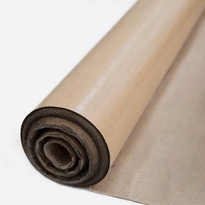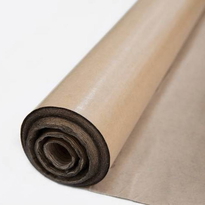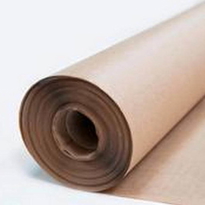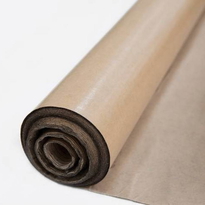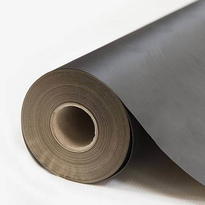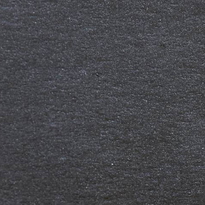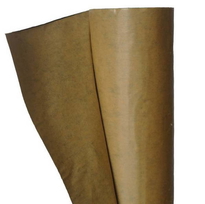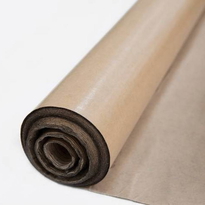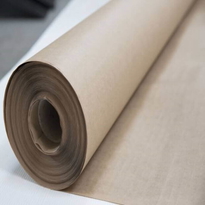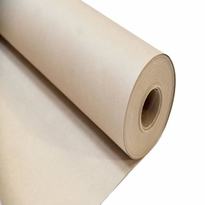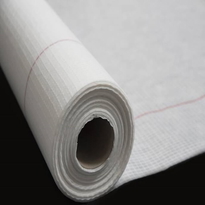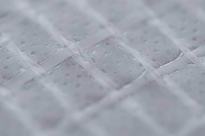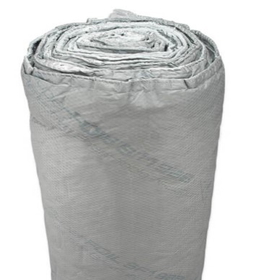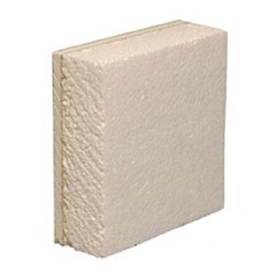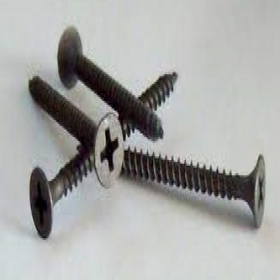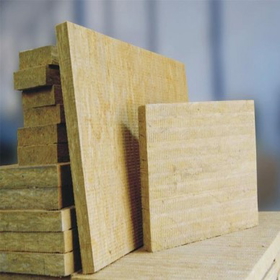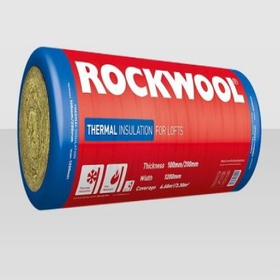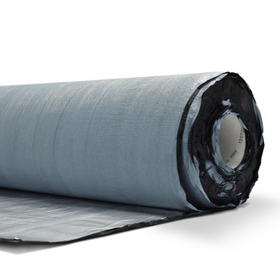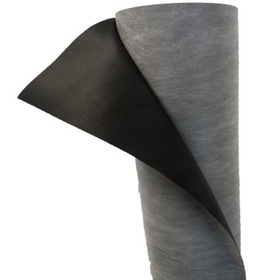Building Paper
Similar Categories
Building Paper Guide: Choosing and Using Novia A1F Standard for Optimal Construction
Building paper is a term that covers a range of materials that are used to provide a protective layer between the external cladding and the internal structure of a building. Building paper can act as a weather-resistant barrier, a moisture and vapour barrier, a fire retardant, a sound insulator, and a temporary protection for floors and walls. Building paper can also enhance the thermal performance and energy efficiency of a building by reducing air leakage and heat loss.
However, not all building papers are the same. There are different grades, types, and specifications of building paper that are suitable for different applications and environments. Choosing the right building paper for your project can make a big difference in the quality, durability, and comfort of your building.
In this article, we will provide you with everything you need to know about building paper, including:
- What are the benefits of using building paper?
- What are the different grades and types of building paper?
- How to choose the right building paper for your project?
- How to install building paper correctly?
- Where to buy high-quality building paper online?
Benefits of Using Building Paper
Building paper has many advantages over other types of building materials, such as:
- It is easy to handle, cut, and apply, saving time and labour costs.
- It is flexible and adaptable, conforming to various shapes and surfaces.
- It is lightweight and durable, resisting tearing, puncturing, and abrasion.
- It is water-resistant and vapour-permeable, preventing moisture accumulation and mould growth.
- It is fire-resistant and non-combustible, reducing the risk of fire spread and smoke emission.
- It is sound-insulating and noise-reducing, improving the acoustic comfort of the building.
- It is environmentally friendly and recyclable, reducing waste and carbon footprint.
Different Grades and Types of Building Paper
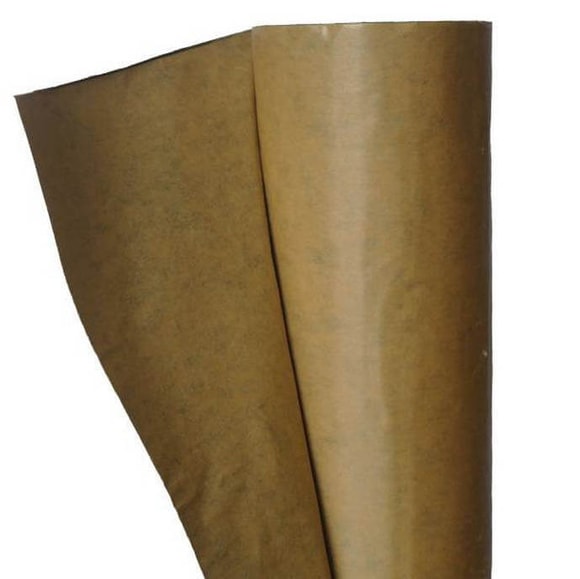 Building paper is classified according to two main standards: BS 1521 and BS 4016. These standards specify the physical properties, performance requirements, and testing methods of building paper.
Building paper is classified according to two main standards: BS 1521 and BS 4016. These standards specify the physical properties, performance requirements, and testing methods of building paper.
BS 1521 covers building paper that is made from wood pulp and impregnated or coated with bitumen or asphalt. BS 1521 building paper is graded according to its water resistance, vapour permeability, and weight. The grades are:
- Grade A: High water resistance and low vapour permeability. Suitable for use behind masonry, stone, and brickwork.
- Grade B: Moderate water resistance and moderate vapour permeability. Suitable for use behind timber, metal, and plastic cladding.
- Grade C: Low water resistance and high vapour permeability. Suitable for use as a breather membrane or a vapour control layer.
- Grade D: Very low water resistance and very high vapour permeability. Suitable for use as a temporary protection or a dust barrier.
BS 4016 covers building paper that is made from synthetic fibres and laminated with polyethylene or polypropylene. BS 4016 building paper is graded according to its tensile strength, tear resistance, and water vapour transmission. The grades are:
- Grade 1: High tensile strength and tear resistance. Suitable for use as a reinforced vapour control layer or heavy-duty temporary protection.
- Grade 2: Moderate tensile strength and tear resistance. Suitable for use as a standard vapour control layer or a medium-duty temporary protection.
- Grade 3: Low tensile strength and tear resistance. Suitable for use as a light-duty temporary protection or a dust barrier.
Choosing the Right Building Paper for Your Project
The choice of building paper depends on several factors, such as:
- The type and design of the building
- The type and location of the cladding
- The climatic conditions and exposure to moisture
- The thermal and acoustic requirements of the building
- The fire and safety regulations of the building
To help you choose the right building paper for your project, here are some general guidelines:
- For external walls, use water-resistant and vapour-permeable building paper, such as Grade B or Grade C, to provide a weather-resistant barrier and a drainage plane behind the cladding. This will prevent water ingress and allow moisture to escape from the wall cavity.
- For internal walls, use vapour-resistant and fire-resistant building paper, such as Grade A or Grade 1, to provide a vapour control layer and a fire barrier behind the plasterboard. This will prevent condensation and reduce the risk of fire spread.
- For roofs, use water-resistant and vapour-permeable building paper, such as Grade B or Grade C, to provide a breather membrane and a secondary barrier under the tiles or slates. This will prevent water penetration and allow moisture to evaporate from the roof space.
- For floors, use water-resistant and vapour-resistant building paper, such as Grade A or Grade 1, to provide a damp-proof membrane and a thermal barrier under the screed or the floorboards. This will prevent dampness and heat loss from the floor.
Installing Building Paper Correctly
To ensure the optimal performance and durability of building paper, it is important to install it correctly, following the manufacturer’s instructions and the best practices. Here are some general tips for installing building paper:
- Before installation, check the condition of the building paper and the substrate. Make sure the building paper is intact and free from defects, and the substrate is clean and dry.
- During installation, use the appropriate tools and accessories, such as scissors, knives, staples, nails, tapes, and sealants. Make sure the building paper is securely fixed and sealed to the substrate and the joints.
- After installation, protect the building paper from damage and exposure to sunlight, wind, and rain. Cover the building paper with the cladding or the finish as soon as possible and avoid puncturing or tearing the building paper during the process.
Buying High-Quality Building Paper Online
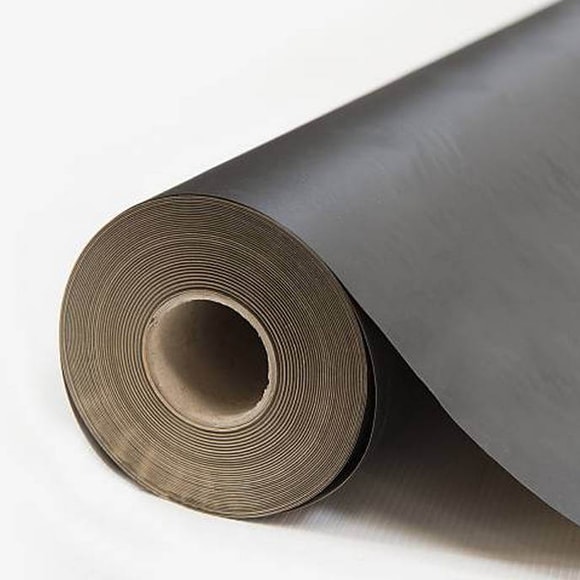 If you are looking for high-quality building paper online, you can find a wide range of products at our website Buy Insulation Online, We are the UK’s leading online supplier of insulation and building materials. At Buy Insulation Online, you can find building paper from Novia, one of the leading manufacturers of building paper in the UK. Novia offers a variety of building paper products that meet the BS 1521 and BS 4016 standards, such as:
If you are looking for high-quality building paper online, you can find a wide range of products at our website Buy Insulation Online, We are the UK’s leading online supplier of insulation and building materials. At Buy Insulation Online, you can find building paper from Novia, one of the leading manufacturers of building paper in the UK. Novia offers a variety of building paper products that meet the BS 1521 and BS 4016 standards, such as:
- Novia Polybit Building Paper: Novia Polybit is a groundbreaking 1M x 25M (25 Sqm) A1F-grade building paper, fusing reinforced kraft paper with advanced building membrane technology. Complying with BS 1521 standards, it offers exceptional durability with bitumen-bonded construction and a polythene coating for moisture resistance. Trusted by construction professionals, it excels in applications like draught exclusion, uninsulated cladding underlays, vapour checks, and heavy-duty temporary protection. The clear polythene-coated version ensures precision and reduces waste, showcasing its adaptability to modern construction needs. Novia Polybit is the go-to solution, embodying versatility, reliability, and years of research-driven innovation.
- Novia B1F Building Paper: Novia B1F Building Paper is a top-tier construction solution, offering exceptional quality and performance. Measuring 1.25m x 50m, it ensures extensive coverage for various applications. Crafted with reinforced kraft paper and bitumen bonding, it meets BS 1521 standards for waterproof building papers (Class B). Ideal for separation layers in insulated screeds, temporary protection, and more, it provides superior adhesion and structural integrity. While versatile in construction projects, it's not recommended for permanent installations. For ongoing tasks, Novia suggests Novia A1F or Novia Polybit building papers. With reliability and efficiency, this non-returnable product is a go-to for demanding construction needs.
- Novia B2 Building Paper: Novia B2 Building Paper measuring 1m x 100m, stands out as a premium construction solution. Crafted with precision, this non-reinforced, PE-coated, wet-strength kraft paper complies with BS 1521 standards, earning it a Class B designation. Ideal for diverse applications, it excels as external cladding render backing in timber frames, offers reliable waterproofing for roofs and concrete shuttering, and serves as temporary protection during construction. With exceptional durability against moisture, Novia B2 ensures longevity in various projects. Its proven evolution over time and meticulous engineering guarantees a product refined through years of industry expertise. In a roll size of 1m x 100m, Novia B2 delivers unmatched quality, surpassing safety and performance standards.
- Novia A1F Building Paper: Novia A1F Building Paper, with its precision design and exceptional durability, stands as a premier choice in the construction industry. Crafted with reinforced kraft paper bitumen-bonded to create a robust laminate, it provides reliable protection against moisture and environmental elements. Compliant with BS 1521 standards and boasting A1F Grade classification, this waterproof solution ensures quality that meets industry benchmarks. Its versatility shines through applications such as waterproofing, roofing, and flat lead-sheet underlay, thanks to its breathable properties. With a size range of 1m x 25m and 1m x 50m, Novia A1F Building Paper is a non-returnable, top-notch product for varied construction projects.
Conclusion
In conclusion, understanding the diverse benefits, grades, and types of building paper is crucial for selecting the right product to enhance the quality, durability, and comfort of your construction projects.
Whether safeguarding against the elements, improving thermal efficiency, or meeting safety regulations, the right building paper plays a vital role. By adhering to best practices during installation and choosing products that align with the specific needs of your project, you can ensure optimal performance.
For those seeking high-quality building paper online, suppliers like us at Buy Insulation Online offer a range of products, including Novia's well-regarded options that meet BS 1521 and BS 4016 standards, providing solutions for various applications with a focus on durability, environmental friendliness, and compliance with industry standards.
Frequently Asked Questions
Q: What are the key features of Novia A1F standard building paper?
A: The key features of Novia A1F standard building paper include its 25m x 1m dimension, its use as a vapour check, and its breathable yet resistant properties.
Q: What are the typical uses of Novia A1F standard building paper?
A: Novia A1F standard building paper is typically used within the construction industry for applications such as flat lead-sheet underlay, traditional reinforced kraft paper bitumen-bonded building paper laminate, and flat, uninsulated timber floor construction.
Q: What are some related products to Novia A1F building paper?
A: Some related products to Novia A1F building paper include the traditional reinforced kraft paper bitumen-bonded building paper laminate, and the flat lead-sheet underlay.
Q: What is the size of the Novia A1F building paper?
A: Novia A1F building paper is available in the size of 25m x 1m, making it suitable for various construction applications.
Q: How is the Novia A1F building paper installed?
A: The Novia A1F building paper is typically installed following the guidelines provided in the installation manual, which can be downloaded from the manufacturer's website.
Q: What is the Novia A1F building paper made of?
A: The Novia A1F building paper is constructed with reinforced kraft paper and bitumen, providing a durable and reliable construction material.
